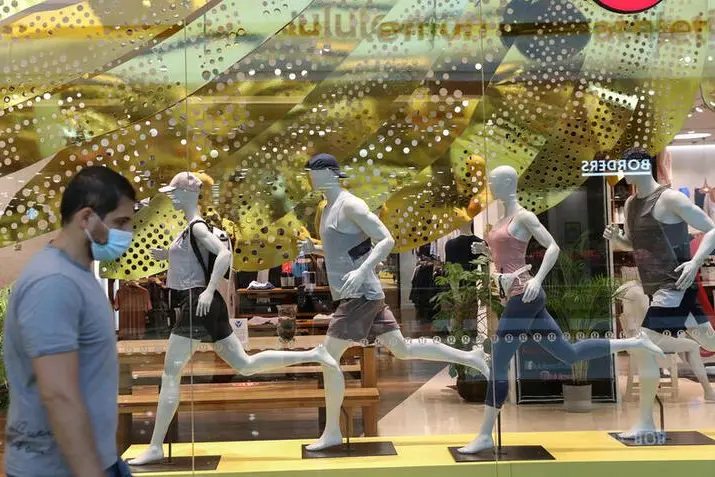PHOTO
It will take the UAE more than year to pull consumer spending from the coronavirus slump, according to a market research firm.
As people continue to grapple with uncertainty and decline in income levels despite the lifting of restrictions, Euromonitor International said it would take until 2021 before consumer expenditures return to pre-COVID-19 levels.
According to Rabia Yasmeen, senior research analyst at Euromonitor, a major risk to consumer demand growth in the country is the departure of expatriates who have lost their jobs due to the economic fallout of the coronavirus pandemic.
“Consumer spending can recover towards late 2021, while stores [have reopened] and consumers would also have a certain level of saving which can translate into immediate consumption in the post-COVID period, the overall exodus of expats would be a key factor impacting consumer expenditure in the short term,” Yasmeen told Zawya.
Oxford Economics has said that due to employment loss, the Gulf Cooperation Council (GCC) states face the prospect of a decline in population, as thousands of the expatriate workforce are left without a choice but to return home.
“There are reports that hundreds of thousands of expats, mostly from Asia, have registered for repatriation flights,” Scott Livermore, chief economist at Oxford Economics Middle East, wrote in a note. He estimated that the overall population will decline by 10 percent in the UAE and Qatar, and 4 percent in Saudi Arabia and Oman.
According to IHS Markit, the coronavirus lockdowns and adherence to social-distancing measures caused global consumer spending to fall significantly in April, with consumer goods producers recording the most severe decline in output since October 2009.
“Despite food stores remaining open and seeing a pick-up in the volume of purchases, food and beverage producers were hit by the [previous closure of businesses], such as restaurants. Consumer-facing sectors have been particularly hard-hit,” IHS said.
Countries around the world started easing restrictions and reopening stores in May to restart their economies. While this has encouraged some people to venture outdoors and spend money, the overall outlook remains cautious.
“Despite pockets of reopening, net consumer optimism has decreased, and most consumers continue to expect a long-lasting impact from COVID-19,” McKinsey said in a new report.
“As incomes have declined, consumers are spending on essentials and not discretionary categories, with some exceptions in South Korea and China,” it added.
Consumers who still have jobs also opt to save money rather than spend. However, Paul Evans, head of Middle East and Africa at Quilter International, some of these savers would likely revisit the shops and reopen their wallets soon.
“As some restrictions are eased, we are likely to see some of these newly found savings spent as people return to shops or turn to the internet to satisfy their spending appetite,” said Evans.
“However, expenditures on experiences or holidays is still likely to be curtailed for some time, so those who still have a steady income may still find that they can still save a significant amount,” he added.
(Reporting by Cleofe Maceda; editing by Seban Scaria)
#UAE #EXPATS #ECONOMY #CORONAVIRUS
Disclaimer: This article is provided for informational purposes only. The content does not provide tax, legal or investment advice or opinion regarding the suitability, value or profitability of any particular security, portfolio or investment strategy. Read our full disclaimer policy here
© ZAWYA 2020





















